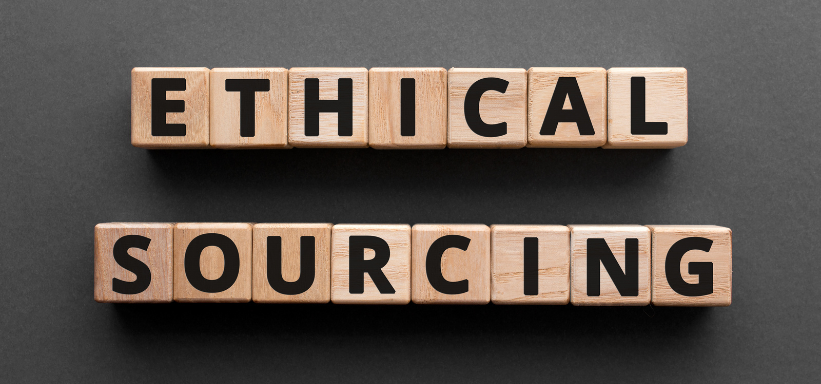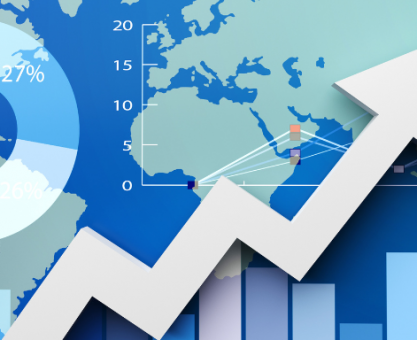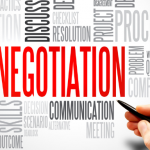Executive Summary
-
Ethical sourcing is increasingly vital in supply chain management, influencing consumer trust and brand loyalty.
-
It involves transparency, fair labor practices, and environmental stewardship.
-
Adopting ethical sourcing can lead to competitive advantages and risk mitigation.
-
Challenges include cost implications and compliance with international regulations.
-
Strategic insights and tools are available to help businesses implement effective ethical sourcing practices.
Introduction
In today’s global market, consumers are more informed and concerned about the origins of their products than ever before. This shift in consumer behavior underscores the importance of ethical sourcing, a practice that not only enhances brand trust but also adds tangible value to a business. For investors, founders, and corporations, understanding and implementing ethical sourcing can lead to a more sustainable and reputable business model. In this article, we will explore what ethical sourcing entails, its benefits and challenges, and provide actionable insights for integrating ethical practices into your supply chain.
Main Body
Definitions / Context
Ethical sourcing refers to the process of ensuring that the products being sourced are obtained in a responsible and sustainable way. This involves considering the social, ethical, and environmental impact of the production and procurement processes. Key components include:
-
Fair Labor Practices: Ensuring workers are paid fair wages and work in safe conditions.
-
Environmental Responsibility: Sourcing materials in a way that minimizes environmental harm.
-
Transparency: Being open about sourcing practices and supply chain operations.
Benefits / Pros
-
Enhanced Brand Reputation: Companies known for ethical sourcing attract more loyal customers.
-
Risk Mitigation: Reduces the risk of negative publicity and potential legal issues.
-
Market Differentiation: Stands out in competitive markets by aligning with consumer values.
-
Supplier Relationships: Builds stronger, more reliable relationships with suppliers committed to ethical practices.
Risks / Cons / Challenges
-
Higher Costs: Ethical sourcing can increase production costs due to higher wages and sustainable materials.
-
Complex Compliance: Navigating international labor laws and environmental regulations can be complex.
-
Supply Chain Visibility: Achieving full transparency can be challenging, especially with long and complex supply chains.
Step-by-Step Process
How to Implement Ethical Sourcing
-
Assess Current Practices: Conduct a thorough audit of current sourcing processes.
-
Set Clear Standards: Develop a code of conduct for suppliers focusing on labor and environmental standards.
-
Select Responsible Suppliers: Partner with suppliers who meet ethical criteria.
-
Monitor and Report: Regularly review practices and report progress to stakeholders.
-
Engage Stakeholders: Collaborate with employees, suppliers, and customers to promote ethical standards.
Patagonia, an outdoor apparel company, has effectively used ethical sourcing to build trust and value. By ensuring all its suppliers adhere to strict environmental and social standards, Patagonia has not only enhanced its brand reputation but also achieved a loyal customer base committed to sustainability. This commitment has helped the company differentiate itself in a crowded market.
Patagonia–
Expert Tips / Strategic Insights
-
Epiidosis recommends conducting regular supplier audits and providing training on ethical practices.
-
Strategic Partnerships: Form alliances with NGOs and industry bodies to stay updated on best practices.
-
Technology Use: Leverage blockchain for supply chain transparency.
Tools / Resources / Calculators
-
Fair Trade Certified: A resource for finding certified ethical suppliers.
-
Sustainable Apparel Coalition: Offers the Higg Index to measure sustainability performance.
-
Global Reporting Initiative (GRI): Provides guidelines for sustainability reporting.
Conclusion
Ethical sourcing is more than a trend; it’s a strategic imperative that builds trust and value. By adopting ethical sourcing practices, businesses can not only enhance their reputation but also drive long-term growth and sustainability. For a tailored approach to ethical sourcing, consider engaging with specialists who can provide expert advice and resources.






















